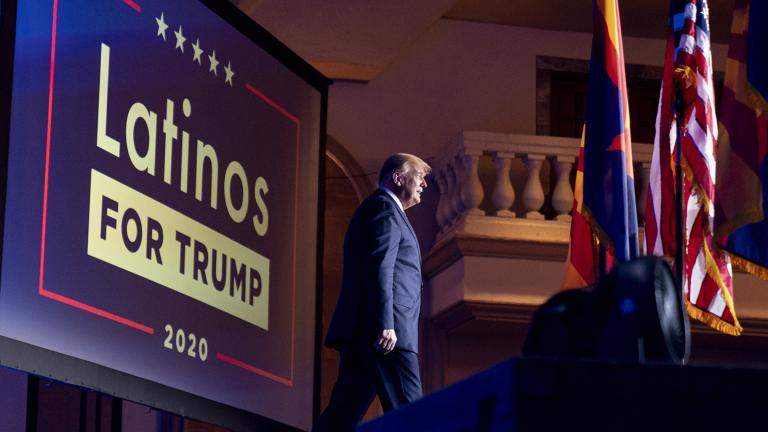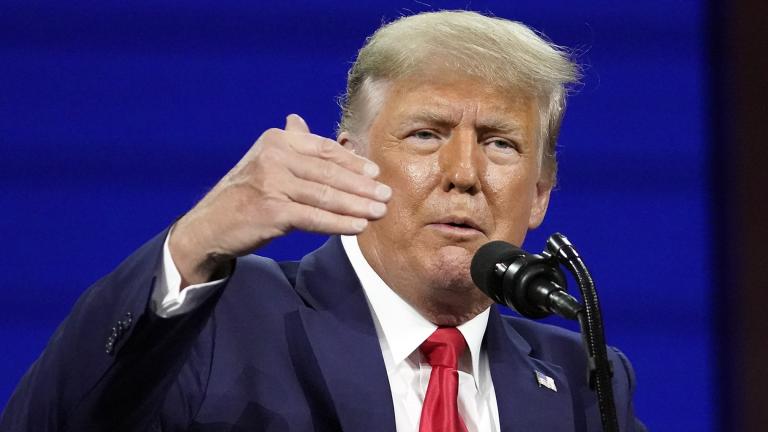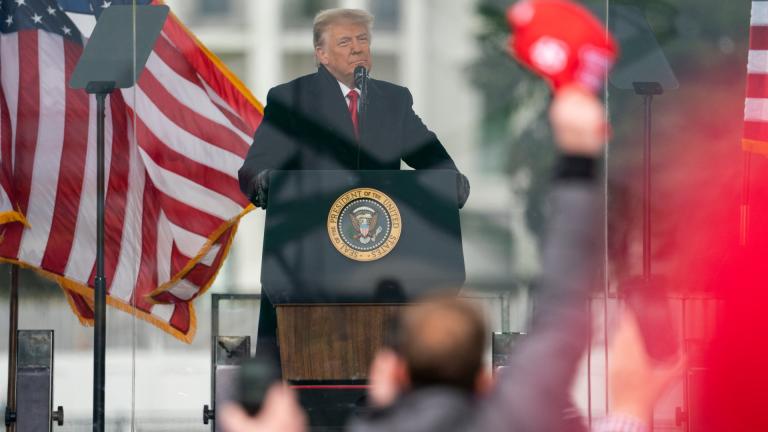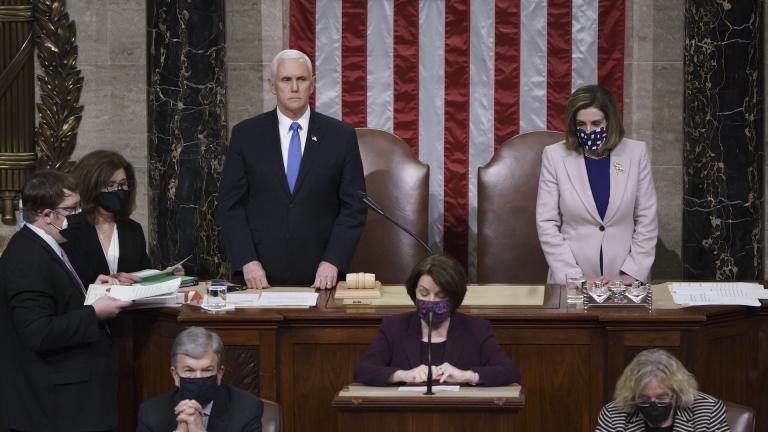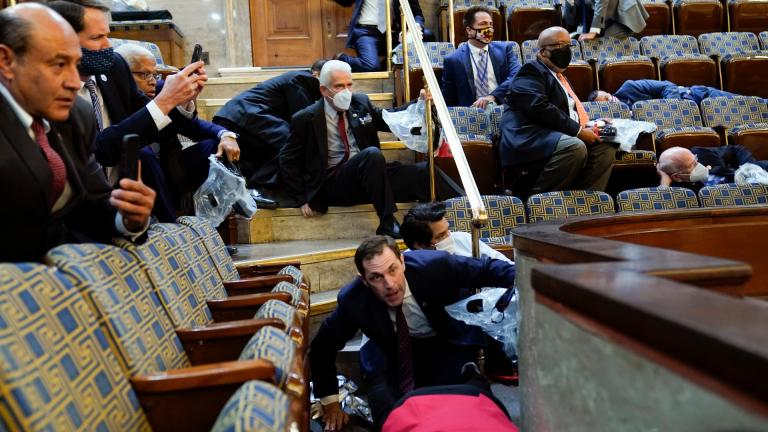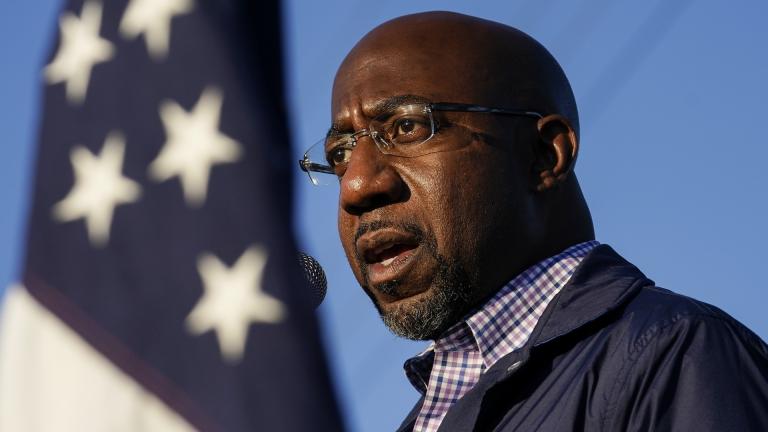Voters got a glimpse of what an election during a pandemic looked like during the March primary, which was held just as Illinois was beginning to take measures to prevent the spread of the novel coronavirus.
Some seven months later, the world is adapting to life under the threat of COVID-19.
Amid the pandemic, organizers are working to get out the vote.
“Our vote is our voice. And being quiet and being timid is not going to get issues heard,” said Grace Chan McKibben, of the Coalition for a Better Chinese American Community, on Wednesday at a kickoff for Chicago opening early voting locations citywide.
A new state law passed in the spring is meant to keep up voter turnout while still allowing people to stay safe at home, by making it easier than ever to vote from home.
Illinois is sending out reminders to active voters to apply to vote by mail; the latest reminder from the Secretary of State was due to be sent out by Thursday.
The change in voting law and practices are the sorts of things that Northern Illinois University professor Scot Schraufnagel studies.
He’s just published a new study, that updates an index in place since the mid-90s. It measures how easy – or not – states make it to vote.
“For instance, there’s states in the U.S. right now that still have a voter registration deadline. That registration deadline’s come and gone in many states, for instance, and if you’re not registered to vote, you’re not going to be voting,” Schraufnagel said.
In comparison, Illinois allows wannabe voters to register up to, and including on, Election Day.
Illinois has moved up in the rankings, and not just with the COVID-era law in place for the 2020 general election.
Thanks to automatic voter registration, the state ranks fourth on the ease of voting index.
Despite those (such as President Donald Trump) stoking fears of fraud, Schraufnagel says ease of voting doesn’t increase the odds of fraud.
“The cure is worse than the disease. You could stomp out all fraud by purging registration rolls and making everyone re-register every two years or something. But the problem there is that it would disenfranchise a lot of people. What we’re concerned about really is the quality of democracy, right? The U.S. historically has been a beacon of democratic inclusion” though it’s losing ground on that front, he said.
Ease of voting does make a difference in voter turnout, Schraufnagel said. The easier it is to vote, the more people participate in elections.
It matters in other areas, too.
“One thing we know now is that, we think the cost of voting measures something about the electoral climate about a state. We know that Black Americans are under-represented in state legislatures where the cost of voting is higher,” he said.
That’s not to say transitions are without growing pains.
WTTW-News has spoken with county clerks struggling to keep up with floods of vote-by-mail applications.
Waiting for returned ballots to be processed may prolong the wait for elections results come Nov. 3.
And Easter Seals’ Angela Williams is on alert for challenges for persons with disabilities, especially given COVID-19 concerns about masks and long lines at the polls.
“There are … a lot of potential challenges that would limit a person with disabilities ability to participate in our democracy,” Williams said.
She said it’s important that polling locations aren’t in buildings with stairs that would prevent someone in a wheelchair or walker from voting, and that the voting machines are low enough for a little person or someone in a wheelchair to reach; mail-in ballots should have options like Braille and large print.
Meanwhile, Chicago agencies on Thursday held a workshop to drill for Election Day.
The city’s emergency operation center will be open and activated on Nov. 3.
“We’re trying as best we can to anticipate any hazard that might happen, including a weather hazard. Snow might happen in our city. Along with anything related to protests, embedded agitators that might loot or cause violence or destroy property,” Chicago police superintendent David Brown said.
CPD is not aware of any election-centric threats at this point, but they're monitoring especially after the kidnapping plot against Michigan Gov. Gretchen Whitmer.
Follow Amanda Vinicky on Twitter: @AmandaVinicky

